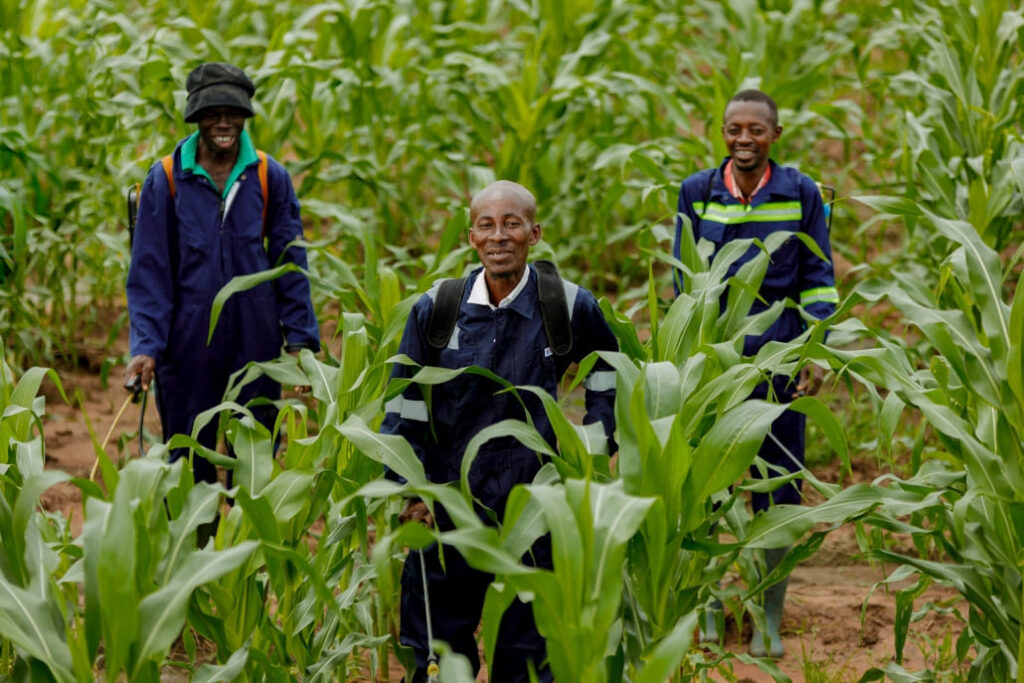Seamfix secures $4.5 million funding from Alitheia IDF to expand digital ID and credential services across Africa
Seamfix, a global digital identity solutions provider, has secured $4.5 million from Alitheia IDF, a gender lens investing fund, in a private equity funding round to scale the technology infrastructure that underpins its solutions, improve data flow crucial for continental trade and integration, and kickstart the expansion of its digital ID and credential services into […]


